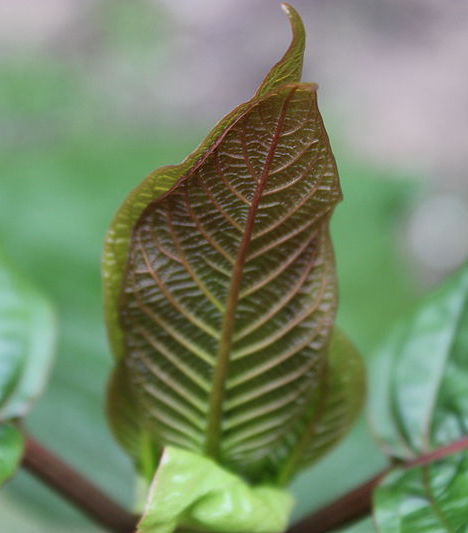Kratom, an opiate-like Southeast Asian herbal remedy, is expected to be reclassified Friday as a schedule 1 controlled substance by the Drug Enforcement Agency.
The plant, popularly used to wean users off of opiates and as a painkiller, will be categorized alongside drugs like heroin, LSD, ecstasy and marijuana.
Native to Southeast Asian countries like Thailand, Malaysia and Myanmar, kratom leaves are chewed for a light, caffeine-esque boost or used as folk medicine for pain and diarrhea, according to Scientific American.
The DEA views the plant’s active ingredients – mitragynine and 7-hydroxymitragynine – as highly abusable substances that lack medicinal benefits. According to the DEA, they seized more kratom in the first half of 2016 than any previous year.
“Because the identity, purity levels, and quantity of these substances are uncertain and inconsistent, they pose significant adverse health risks to users,” the DEA said in a statement. “[It] has a lack of accepted safety for use under medical supervision.”
Susruta Majumdar, a chemist who currently works at the Memorial Sloan Kettering Cancer Center in New York, told Scientific American that kratom has qualities that could potentially make it a powerful and non-addictive painkiller without severe withdrawal symptoms.
When Majumdar and his team started studying the plant’s chemical makeup, they discovered its molecules bind with opioid receptors in the brain in an unconventional way, making the drug better than any other pain drug known to science.
“[This is an] early promise it’s nonaddictive,” Majumdar said.
However, scientists fear the DEA placing kratom and its compounds in the agency’s most restricted category next to narcotics will stifle research, which has not been clinically studied on humans yet
“Those compounds alone may already be superior to codeine and oxycodone,“ said Andrew Kruegel, a pharmacologist and kratom researcher at Columbia University. “[But] we’ll have to destroy all our samples in the lab.”
According to the DEA, 15 people have died due to kratom between 2014 and 2016. However, the agency’s ban is temporary and will only last two years unless they decide to make it permanent.







